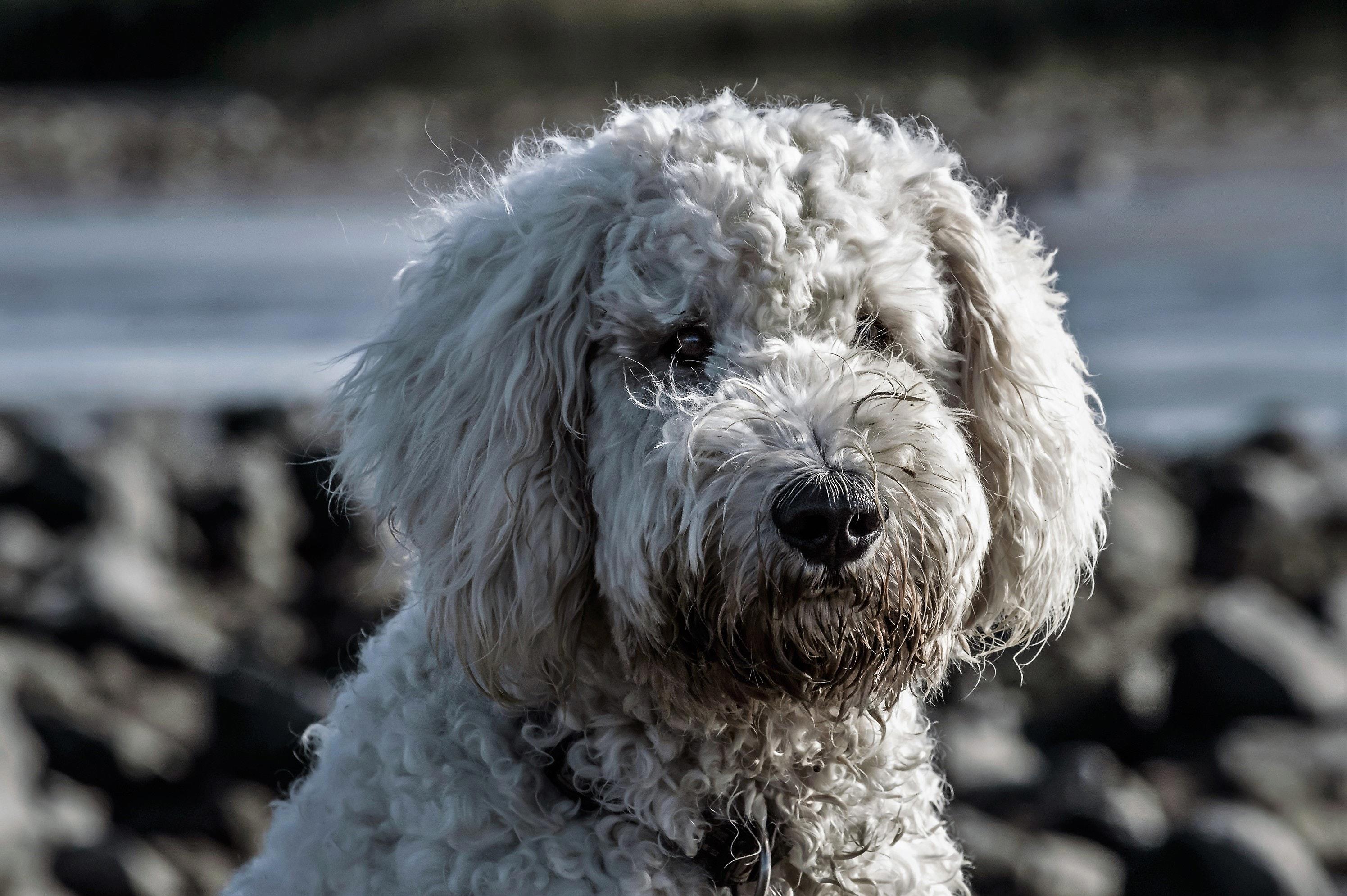Dogs love to play. They chase balls, tug on ropes, and love to wrestle with their owners. But have you ever wondered why dogs have a natural inclination to play? What drives them to engage in these activities? It turns out that there is a scientific explanation behind why dogs love to play, and understanding it can help us develop deeper bonds with our furry friends. In this blog post, we’ll explore the science behind why dogs love to play and what it means for our relationship with man’s best friend.
Dogs are known to be playful creatures, and it is not uncommon to see them engaging in various forms of play. Whether it is chasing a ball, fetching a stick, or wrestling with their owners, dogs seem to love playing. But have you ever wondered why dogs like to play so much? Is it just a way to kill time, or is there something more to it? In this blog post, we will explore the science behind why dogs love to play.
Why do dogs play?
There are several reasons why dogs play. For one, play is a way for dogs to expend excess energy. Dogs are naturally active animals, and they need an outlet to release their pent-up energy. Play provides them with an opportunity to do just that. Additionally, play helps dogs to develop their physical and mental skills. When dogs play, they learn to run, jump, and chase, which helps them to develop their coordination, balance, and overall physical fitness. Play also helps to sharpen their cognitive abilities by improving their problem-solving and decision-making skills.
Types of play:
There are several types of play that dogs engage in. These include:
1. Object play: This is when dogs play with objects such as balls, sticks, toys, and so on. Object play helps dogs to develop their coordination and motor skills.
.jpg)
2. Social play: This is when dogs play with other dogs or humans. Social play helps dogs to develop their social skills and improve their communication with others.
3. Locomotor play: This is when dogs engage in activities such as running, jumping, and chasing. Locomotor play helps dogs to develop their physical fitness and coordination.
4. Manipulative play: This is when dogs engage in activities such as digging and chewing. Manipulative play helps dogs to develop their problem-solving and decision-making skills.
The science behind why dogs love to play:
So, what is the science behind why dogs love to play? There are several factors at play here. For one, play triggers the release of endorphins in dogs’ brains. Endorphins are chemicals that are associated with pleasure and happiness. When dogs play, they experience a rush of endorphins, which makes them feel good and happy. This is why dogs often become more playful when they are happy and relaxed.
Another factor is that play helps to strengthen the bond between dogs and their owners. When dogs play with their owners, they develop a sense of trust and companionship. This bond is reinforced by the positive reinforcement that dogs receive when they engage in play. For example, when a dog fetches a ball, it receives praise and treats from its owner, which reinforces the bond between them.
Overall, dogs love to play because it helps them to release excess energy, develop their physical and mental skills, and trigger the release of endorphins in their brains. Play is an essential part of a dog’s life, and it is important for owners to provide their dogs with plenty of opportunities to engage in play. By doing so, owners can strengthen the bond between themselves and their dogs, and help their dogs to live happier, healthier lives.
In conclusion, it is clear that dogs are natural playmates, and they love to play for various reasons. Whether for exercise, socialization, or simply for the joy of it, playtime is an essential part of a dog’s life. As responsible dog owners, it is our responsibility to provide our furry friends with opportunities to engage in different types of play. By doing so, we not only help them stay physically and mentally healthy but also deepen the bond that we share with them. So, the next time you see your furry friend wagging their tail and eager to play, take some time out of your busy schedule and join in the fun – it’s a win-win situation for both you and your furry friend!


.jpg)
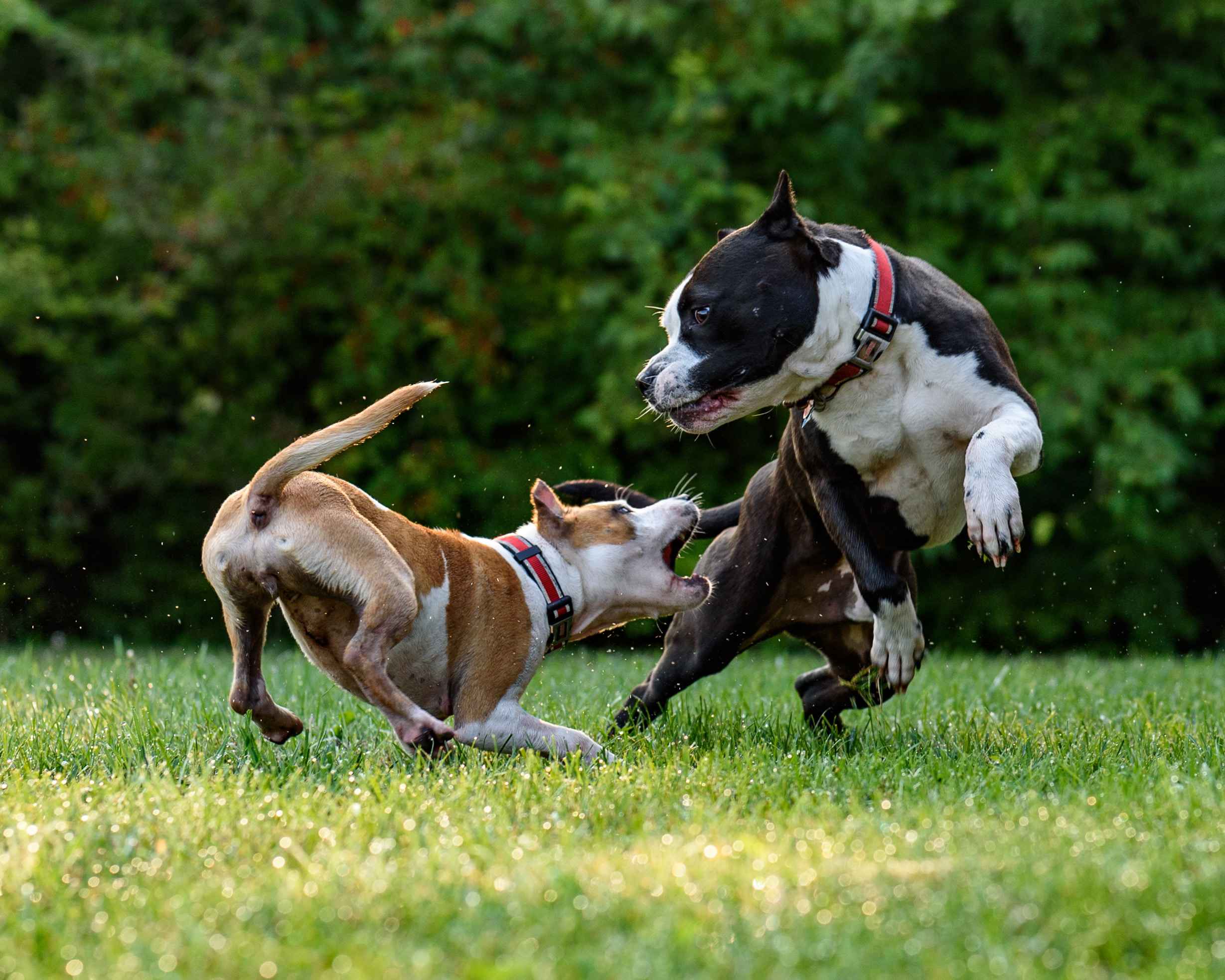
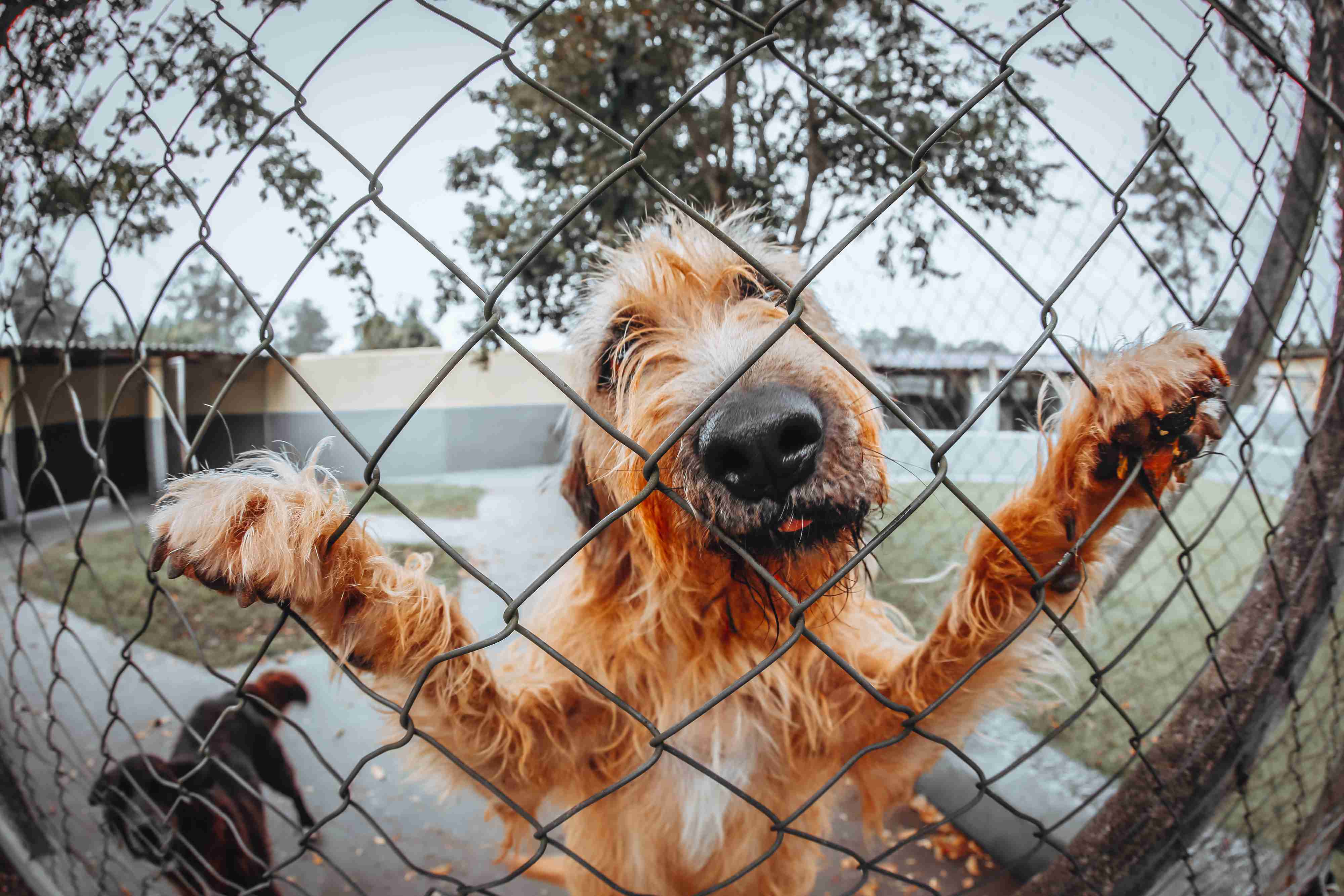
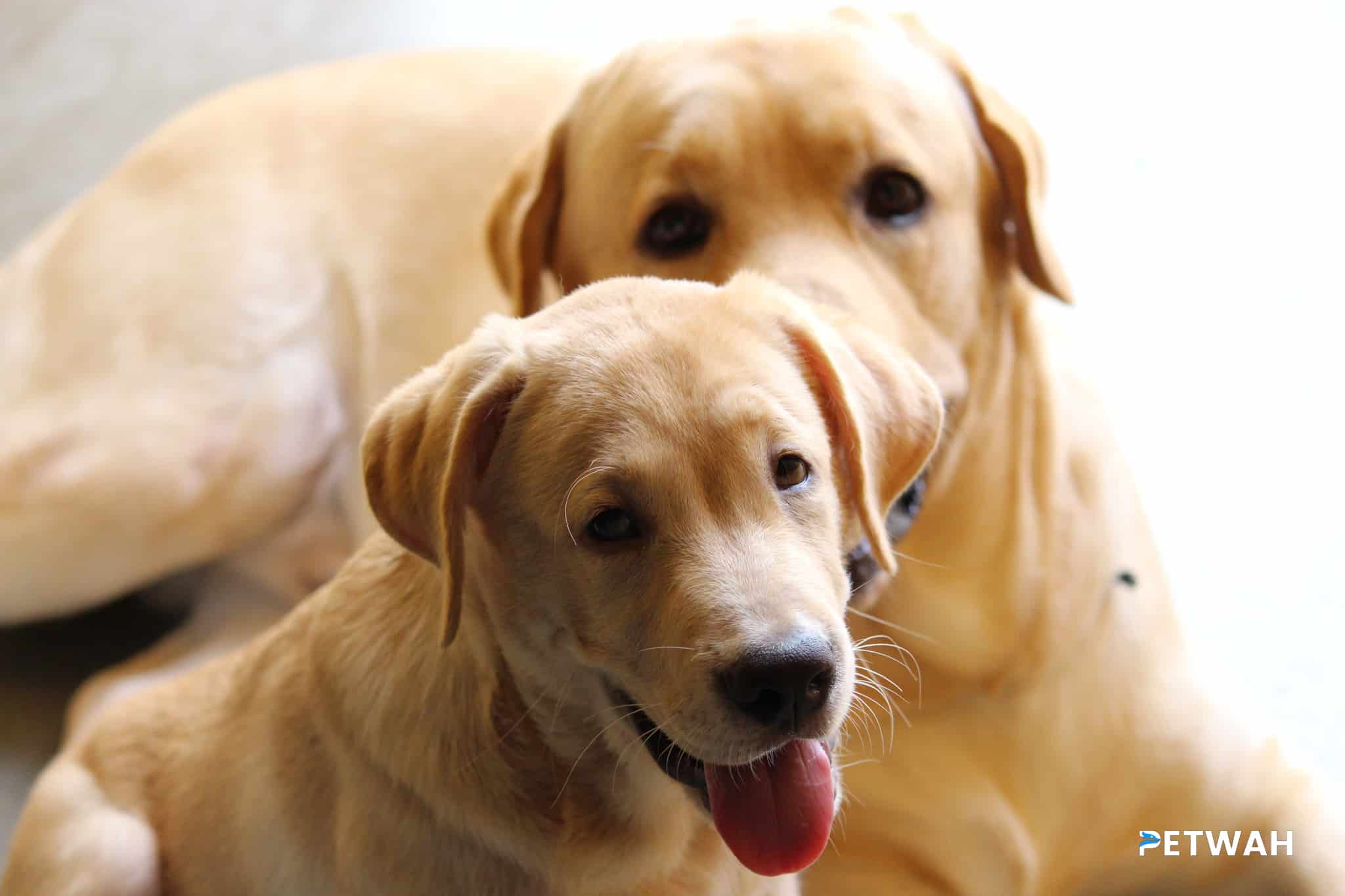
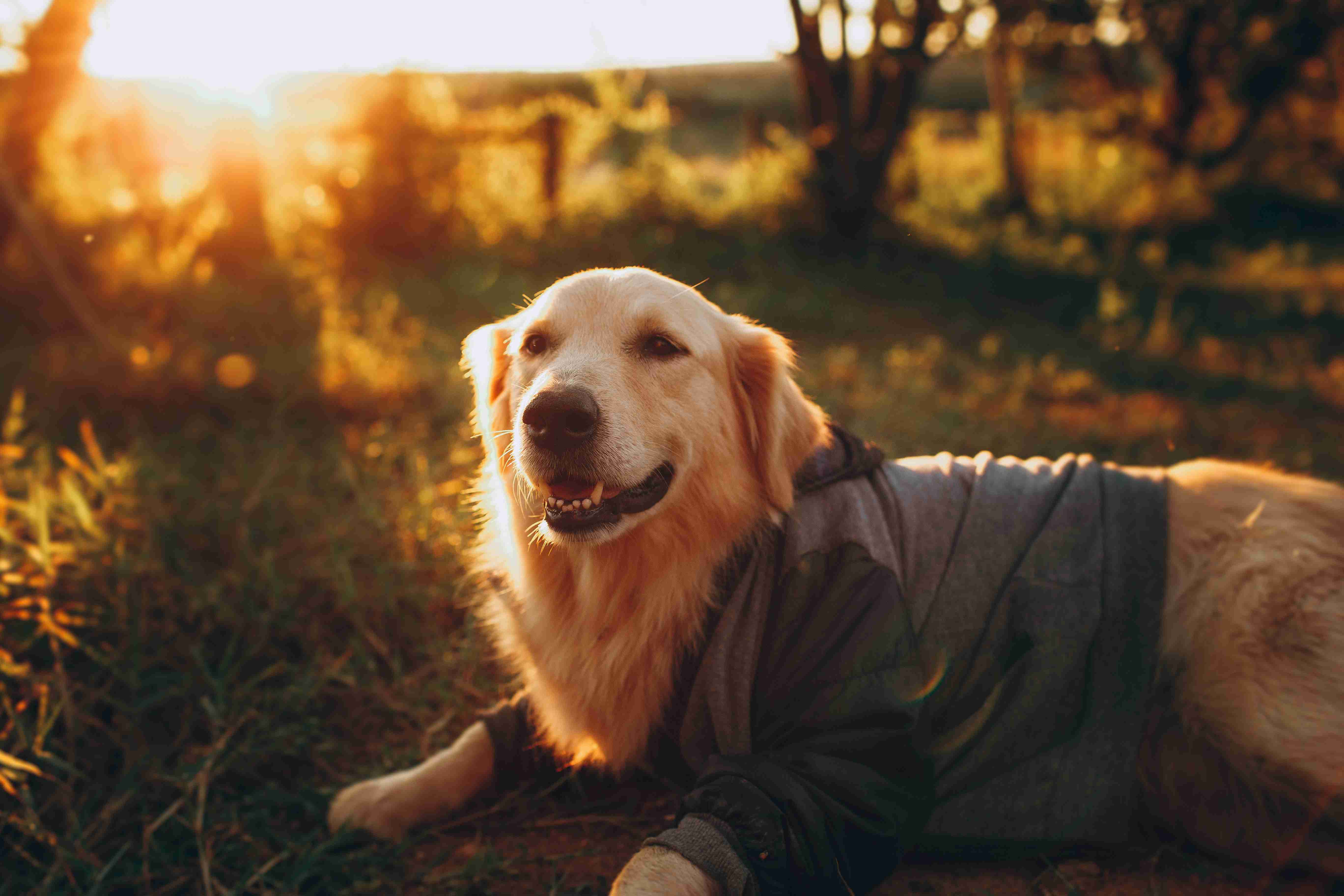
.jpg)
